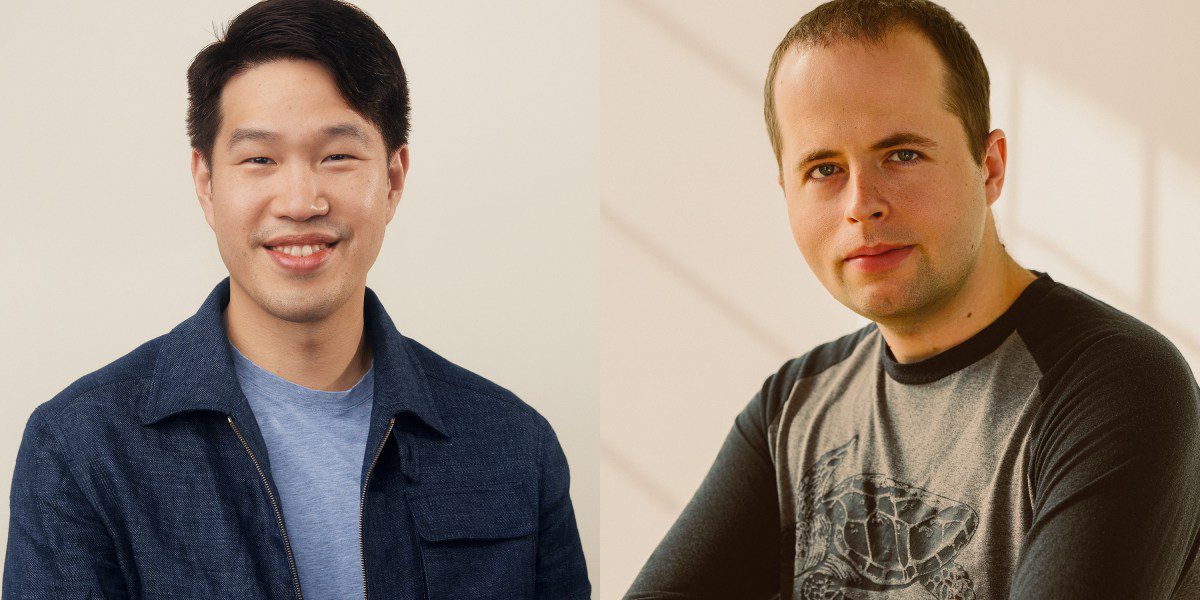OpenAI’s Game-Changing Achievements in AI Technology
Let’s face it, the world of artificial intelligence is buzzing like never before, and OpenAI is right at the heart of it. In just a few years, they’ve transformed from a research-focused lab to a powerhouse that’s not only competing with tech giants but also making waves with groundbreaking achievements. Let’s dive into what’s been happening, focusing on how key figures like Chen and Pachocki are reshaping the future of AI.
Fresh Faces, Big Wins
When it comes to innovation, names matter—take Chen and Pachocki, for instance. Chen hopped on board OpenAI in 2018, armed with a rich background as a quantitative trader at Jane Street Capital. His work with machine-learning models paved the way for the impressive DALL-E, a generative image model that revolutionized how we think about AI-generated art. Fast forward to 2024, and Pachocki, who traded academia for AI, stepped up as chief scientist, co-piloting development of advanced reasoning models.
These two aren’t just talented—they’re wicked smart and ambitious. They recently reveled in the thrill of two back-to-back wins that would make any tech enthusiast proud. On July 16th, OpenAI’s language model snagged second place at the AtCoder World Tour Finals, a renowned programming competition. Then just days later, they reached gold-medal status in the 2025 International Math Olympiad. Talk about a double whammy!
Stellar Achievements Under Scrutiny
But hold on—these victories are not without their controversies. OpenAI boldly announced its math results, but just two days later, Google DeepMind revealed it had achieved the same score, following the competition’s proper protocol. Chen and Pachocki aren’t sweating it, though. “I think that’s quite underrated,” Chen said, emphasizing that being in the top two at AtCoder is something extraordinary. “It’s unprecedented,” he noted, reflecting on the monumental leap in human-level performance they’ve accomplished.
Shifting Gears: From Research to Real-World Impact
So here’s where things get exciting. OpenAI is no longer just about research; it’s in a race to ship products that people actually use. With a staggering valuation of $300 billion, the pressure is on to deliver. Gone are the days of just brainstorming—now it’s about getting those innovative tools into the hands of users.
Their output has been nothing short of impressive. Major updates to their GPT-4 series? Check. Launch of generative image and video models? You bet. And let’s not forget about the latest capability that lets users talk to ChatGPT with their voice—the way we interact with AI is changing before our eyes.
Why This Matters
Let’s not overlook the real-world relevance. According to OpenAI, over 400 million users are engaging with its products every week, submitting a whopping 2.5 billion prompts daily. That kind of reach is powerful! It’s not just about making headlines; it’s about making a difference in how people engage with technology.
What’s Next for OpenAI?
OpenAI’s journey so far has been a mix of excitement and responsibility. As they push the envelope further, it’s crucial to keep this momentum while ensuring ethical considerations stay front and center. The release of models like Operator shows they’re invested in continuously evolving. But what challenges lie ahead?
Here’s the deal: AI is changing how we live and work. So the big question looms—are we ready for what’s next? If the buzz around OpenAI is any indication, the future looks brighter than ever.
So, what do you think about these groundbreaking moves in AI? Do you believe OpenAI can keep up this pace? Want more insights like this? Let’s chat in the comments!
